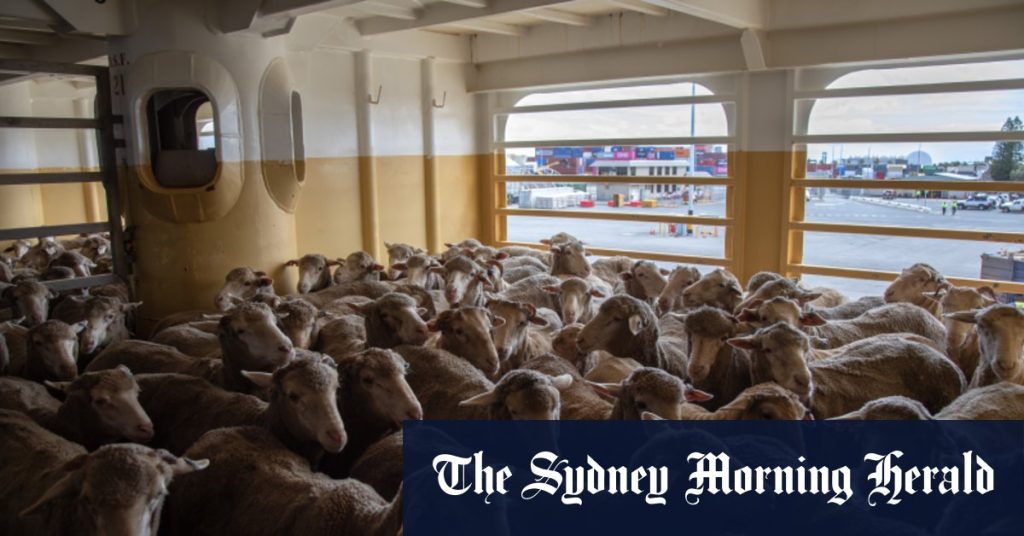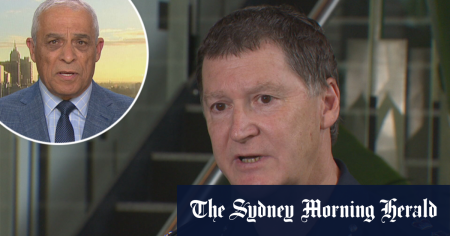The controversy surrounding Australia’s live sheep export industry is a complex interplay of animal welfare, economic impacts, and political dynamics. At the center is Holly Ludeman, a veterinarian advocating for the industry through The Livestock Collective, which aims to improve public perception and fight a 2024 ban set to end exports by 2028. The industry supports rural jobs, but animal welfare groups highlight ethical concerns due to harsh shipping conditions, exemplified by incidents like the 2017 Awassi Express tragedy, which led to significant public backlash and some reforms.
Despite these reforms, challenges persist, such as the prolonged confinement of sheep on the MV Bahijah, underscoring ongoing welfare issues. Ludeman’s efforts to rebrand the industry through campaigns like “Keep the Sheep” have garnered rural support, emphasizing economic dependence on the trade. Conversely, opponents, including politicians like Josh Wilson, argue that the industry’s decline and ethical concerns justify its end, advocating for a transition to expanded meat exports.
The debate hinges on balancing improved welfare standards with economic realities. Supporters argue that industry improvements can mitigate cruelty, while opponents emphasize the need to prioritize animal welfare and pivot to more sustainable practices. The outcome will significantly impact both rural economies and animal welfare, requiring a nuanced approach that considers both compassion and economic sustainability.












